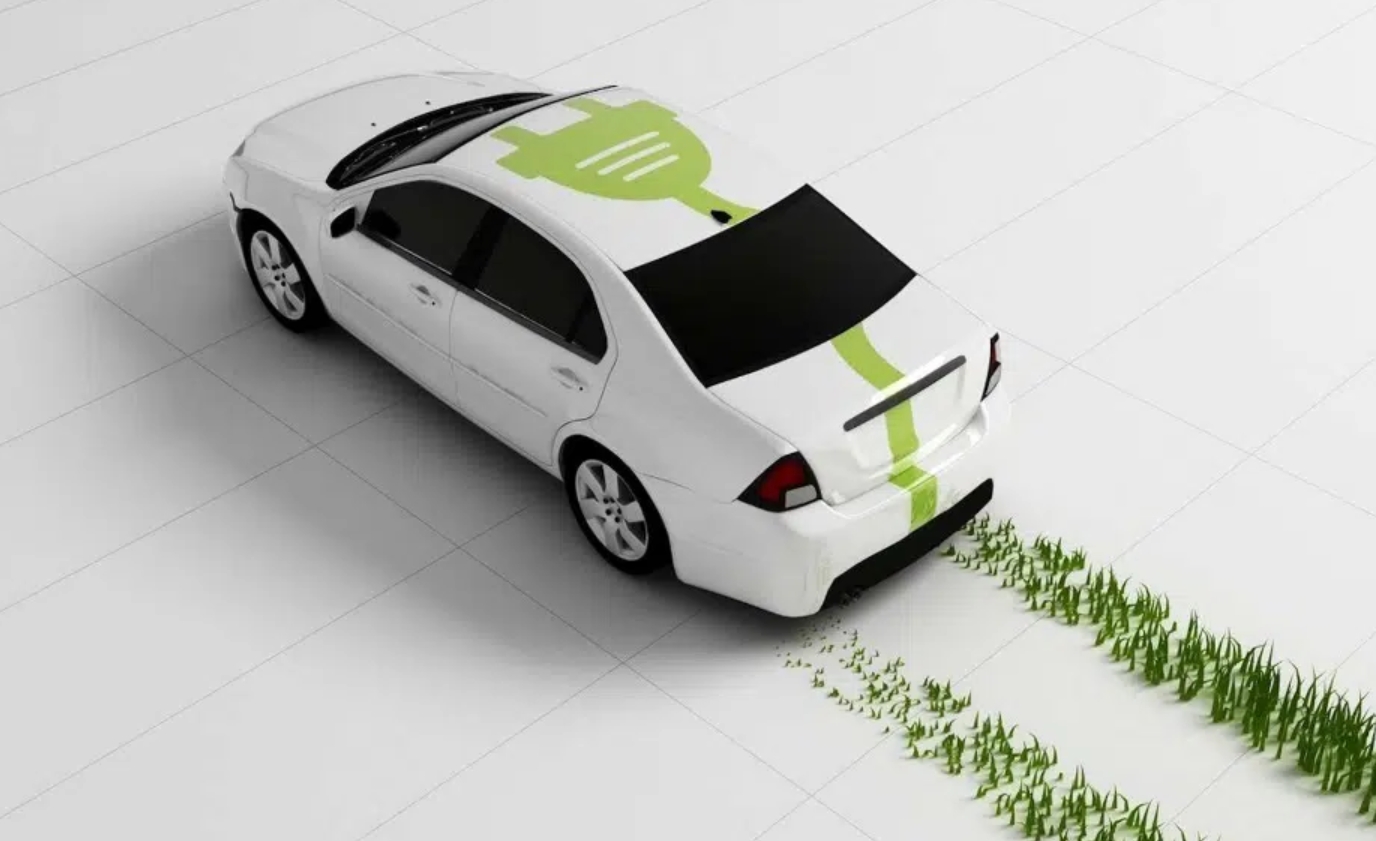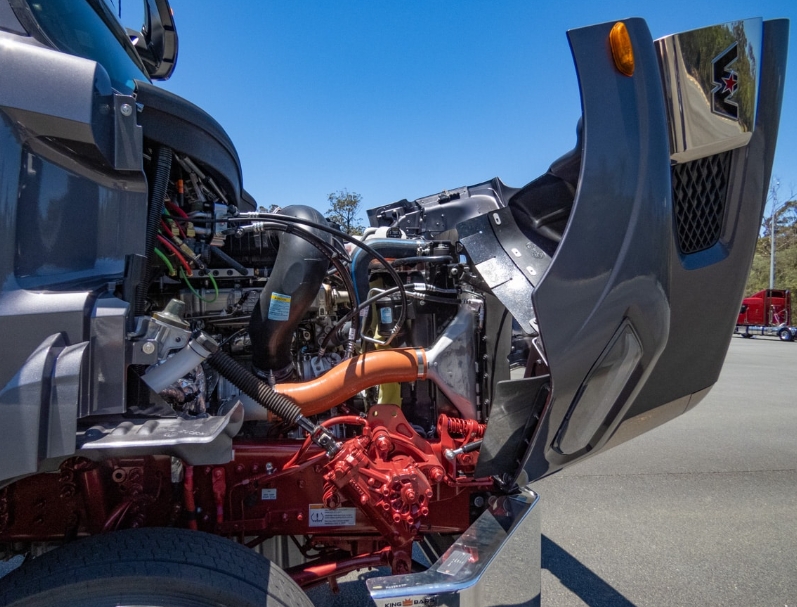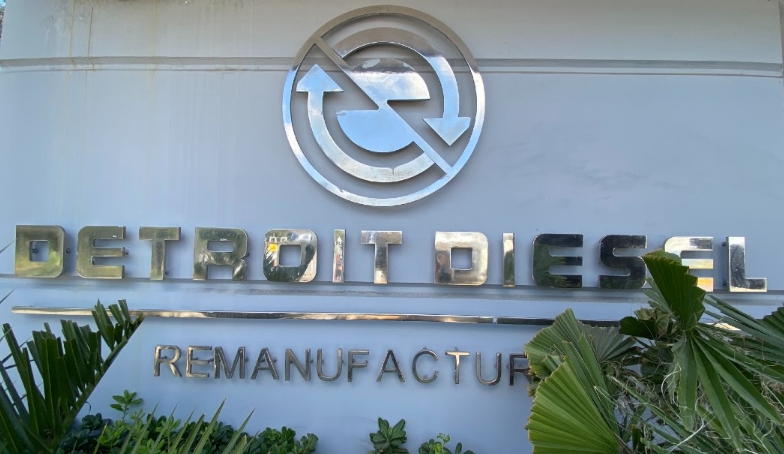
The automotive industry has not always been the cleanest. It is responsible for many environmental problems that we all face today, as it is one of the main sources of polluting emissions and energy consumption.
The attention given to this industry is quite understandable, because it is a huge industry that is present in our daily lives. Apart from pollution related to the use of vehicles, the expansion of this industry has also led to the emergence of other concerns that affect our environment, including traffic jams and road accidents. Thus, the automotive industry had to come up with innovations that promote efficiency and sustainability. In this article, it will be a question of returning to the news on the subject of ecology and of presenting the various actions carried out by companies in the field to reduce their impact on the environment.
What are the new so-called green business practices?
Manufacturing technology in the automotive industry has begun to meet the challenge of moving towards renewable materials and the need to reuse and recycle materials used for production. You can have more information about this on Blog auto.
Conserving energy and water, reducing greenhouse gas emissions, and managing waste, including recycling, are the main initiatives the automotive industry is focusing on. In recent years, automotive manufacturing has made a significant shift towards green business practices by incorporating more recyclable materials, choosing alternative fuels that reduce companies’ absorption of fossil fuels, and making automotive parts more reliable and more environmentally friendly.
More and more automakers are turning to recycled materials to build their new cars to reduce their impact on our environment. Materials such as steel, plastic, aluminum and even fabrics can be recycled and turned into new cars, just as old tires can be melted down and turned into new tires.
Aluminum is the most used material because it is light and malleable, which means it can be used to make any car while reducing fuel consumption. In addition, this material is easily recyclable. However, for safety reasons, cars cannot be made entirely of aluminum, but the automotive industry is working to make cars a more environmentally friendly mode of transport.
Also, many auto parts companies have joined the green initiative to transform the auto industry into a green industry by producing auto parts with eco-friendly, recyclable and sustainable materials.

The breakthrough of electric vehicles
Electric vehicles are one of the most innovative technological innovations that the automotive industry has taken in recent years to reduce its impact on the environment. Their goal is to dramatically reduce automobile costs, the amount of fossil fuel used in transportation, and the amount of CO2 emissions. Electric vehicles have emerged as an excellent solution to improve air quality and reduce the effects of global warming.
The total transition to an all-electric future requires significant investment, the acceleration of vehicle charging infrastructure and potential legislation for the installation of charging points in new homes. While that may seem like a distant, if not impossible, achievement to skeptics, this transition is gaining momentum as the adoption of electric vehicles is accelerating rapidly.
Improving energy efficiency
Tightening clean air regulations and restrictions have prompted many industries to embrace cleaner energy sources, and the automotive industry is no exception. Carbon monoxide and other wastes that make their way through the vehicle’s exhaust system are another major auto industry problem affecting the planet.

Old technologies provide inefficient engines that burn fuel and create a significant amount of waste. Yet the auto industry has focused on designing new engines for newer car models to burn fuel more efficiently by using intake valves that help the car get the most out of the fuel in its tank.
Vehicle weight and horsepower are two fundamental attributes that significantly influence a vehicle’s CO2 emissions and fuel consumption. It should therefore be expected that new car models that offer more power will also have higher CO2 emissions and lower fuel consumption. However, over time, the automotive industry has also devised technological innovations that increase the fuel economy and power of the car while maintaining the same weight of the vehicle. Engine technologies such as turbocharged engines and gasoline direct injection are two of the technological innovations adopted by car manufacturers to produce vehicles that emit less CO2, consume less fuel and have lower performance targets.
What to remember?
The auto industry is the one that really recognized the flaws in its methods and took the initiative to change for the better. Their initiatives for greener production and better fuel efficiency may be the result of growing consumer awareness of environmental issues and stricter government regulations.
Environmentally conscious consumers certainly play the biggest role in how automakers produce their cars, as most of them tend to gravitate toward sustainable businesses.





